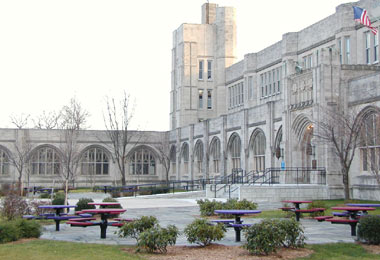KOSTRZEWA, admn. v. SUFFOLK CONSTRUCTION COMPANY, INC.
No. 07-P-1450, December 18, 2008
The Massachusetts Apppeals Court has ruled that the general contractor for a project to renovate a government building in Boston may be found liable for an accident on the job for failing to maintain a safe workplace. The injured worker was the employee of an asbestos abatement contractor who had been contracted by the demolition subcontractor on the project renovating the Saltonstall Building in downtown Boston. The worker was injured when the scaffolding on which he was working fell over. His attorney brought this suit against the general contractor, alleging negligent supervision. The men were working on scaffolding that was approximately twenty feet high and mounted on wheels. The general contractor did not own and had not erected the scaffolding. To move the scaffolding to work on a new spot, the workers would either have someone on the ground push it or, using the wall or ceiling, they would themselves pull or push the scaffolding to the new location. At the time of the accident, the scaffolding fell over while the employee was trying to move the scaffolding on which he and the other worker were standing. The contract between general contractor the building owner conferred on the general overall responsibility and control of the project, including responsibility for safety. The contract provided that the general contractor was solely responsible for and had control over construction means, methods, techniques, sequences and procedures and for coordinating all portions of the work under the contract.









